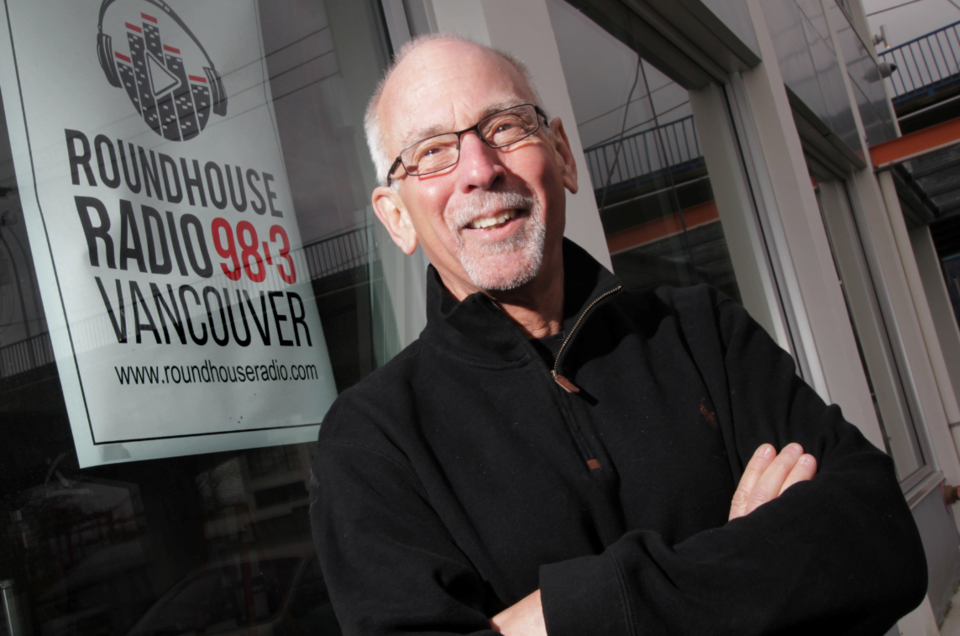Ivanhoe Energy is B.C.’s first casualty of global oil price plunge
Even before the oil price crash, Ivanhoe Energy (TSX:IE) was running into regulatory problems with a $1.37 billion enhanced oil recovery project in Alberta.
One of the companies founded by mining mogul Robert Friedland, Ivanhoe this month became the first B.C. casualty of the oil price crash when it announced it was filing for bankruptcy protection after it defaulted on interest payments on $73 million worth of debentures.
The company was suspended from trading on the Toronto Stock Exchange and is being delisted from the Nasdaq.
Vancouver-based Ivanhoe appointed EY as its trustee while it attempts to restructure.
Oil prices have fallen more than 50% since July 2014. Asked if oil’s free fall is responsible for the company’s financial fix, Bill Trenaman, Ivanhoe’s vice-president of investor relations, said, “I would say that that’s a fair assumption.
Bank of Mom and Dad helps sustain housing market
If you live in Vancouver, are under the age of 40 and have your heart set on living in a detached house, you’re more likely than anywhere else in the country to turn to your parents for help.

At least, that’s the best educated guess from observers of the city’s real estate market. As with the controversial issue of foreign ownership, there is no data available on the phenomenon.
“The combination of very, very high house prices means that you have generations, whether it’s parents or the grandparents, who have a whole bunch of house equity,” said Tsur Somerville, a professor at the University of British Columbia’s Sauder School of Business.
“You’ve got kids for whom it is, given the incomes here, difficult to [save].”
In 2012, Vancouver’s median family income was $71,140, according to Statistics Canada. Calgary, Edmonton, Toronto and Montreal all had higher median family incomes.
Chris Catliff, CEO of BlueShore Financial in North Vancouver, said his credit union has seen an increase in the number of parents who want to use the equity in their homes to help their children buy into a detached-home neighbourhood.
Northern megaproject air pressure rising
Competition is in the air along B.C.’s northern megaproject frontier. And it’s heating up considerably.
The regional airline fight for market share is backdropped with the promise of multibillions generated by everything from new mines and pipeline projects to liquefied natural gas exports.
As the quickest way to deliver the people needed to survey, kick-start and develop northern megaprojects, aircraft in B.C. are a key transportation link. But long-standing regional carriers are increasingly feeling the competitive heat from Canada’s two major airlines.
Smaller newcomers are also looking north, and the megaproject billions bonanza outlook has suffered from recent oil price volatility and the drop in the value of the Canadian dollar compared with its U.S. counterpart.
The sum total for Hawkair president Jay Dilley: “the most intense competition the region has ever been through in the airline industry.”
Restaurateurs irked over B.C. liquor law changes
Restaurateurs have lobbied for decades to be allowed to buy wine, beer and spirits for less than B.C. government liquor store retail prices, but those efforts have turned out to be in vain.

On April 1, the BC Liberal government is carrying out the biggest overhaul in decades of how alcohol is sold in the province. Despite various recent moves intended to improve liquor regulations for restaurateurs, players in the sector feel ignored and angry.
That is partly because they’ll continue to be forced to buy exclusively from British Columbia Liquor Distribution Branch stores at the full retail price plus 5% goods and services tax.
Restaurateurs want the option to buy from private alcohol retailers because volume purchases could persuade them to give restaurants price discounts.
Despite assurances from Attorney General Suzanne Anton that changes are all aimed at creating a level playing field, she has yet to allow restaurateurs that freedom.
Metro Vancouver to get two new radio stations
South Fraser Broadcasting Inc. and Roundhouse Radio each spent more than $100,000 to participate in what Roundhouse CEO Don Shafer calls the “roll of the dice” that is the Canadian Radio-television and Telecommunications Commission (CRTC) application process.

“I’d like to think that we had one of the better applications because of the need and the hole in the marketplace for the format that we proposed,” Shafer told Business in Vancouver. “I honestly believe that if we’d applied for another music station, we wouldn’t have been considered.”
The CRTC assessed 11 applications and rejected nine in mid-2014.
Both winning bidders are now spending more than $1 million each to build radio stations, erect transmitters and hire about 30 employees each.
Shafer’s CIRH-FM (Roundhouse 98.3) will be about 80% talk whereas South Fraser Broadcasting owner Suki Badh will run a station that is a mix of talk and music at FM 107.7. It has yet to get call letters.
Profile of JJ Wilson, principal at Kit and Ace, who oversees the Kit and Ace brand as well as its e-commerce operations

"The world is moving insanely fast, and I think that in order for us to become a retail force in the global market, we know we need to move quickly." | Photo: Chung Chow





